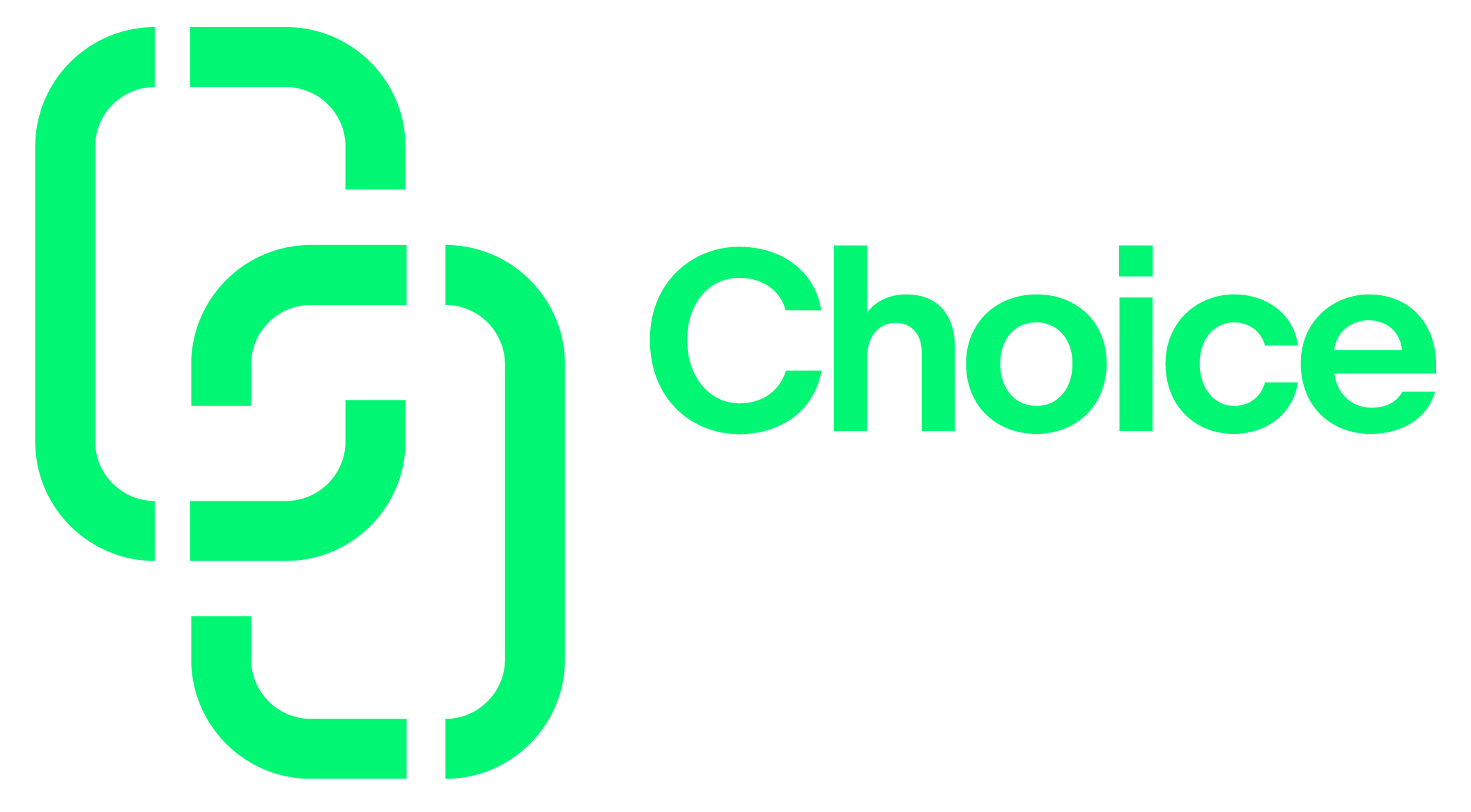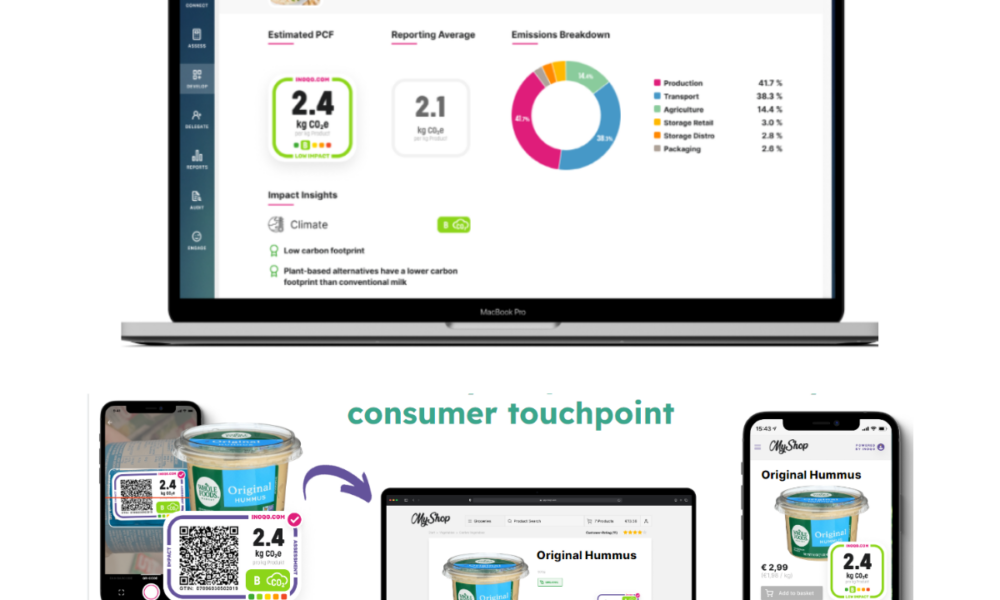Sustainable consumption
Adopting more healthy and sustainable food consumption lifestyle choices
CHOICE pilot activities in Austria
Motivation
Worldwide demand for meat and other animal-based products has increased during the last 50 years as an outcome of rising income, population growth and the horizontal improvement of well-being standards.
Many scientific studies have drawn attention to the importance of changing food consumption patterns to achieve climate-sustainable goals, with a 20% reduction in meat consumption being a modest but acceptable scenario.
Additionally, it is advocated that field-grown foods (e.g. grains, fruits, and vegetables) have a lower carbon footprint (CO2e) and, therefore, a rather low impact on GHG emissions and climate degradation. Several barriers related to taste, health, cost, mood, culture, competence, and prestige declaring meat as a “symbol” of affluence and success make it difficult to influence consumers to adopt environmentally friendly diets.
As a solution, positive and motivational communication and gamification elements seem to gain consumers’ attention. In addition, traffic-light labelling systems assist in removing biases that prevent users from adopting better food choices.
Pilot Scope and Activities
Inoqo’s data and web components empower retailers to show their consumers’ carbon footprints of individual and accumulated grocery purchases (i.e. GHGs total equivalent-CO2e).
In CHOICE, inoqo’s data will enable the retailer to use a plethora of social engagement methods (e.g. nudging techniques, controlled trials and behavioural models) and large-scale “green marketing” campaigns, attempting to further visualise the impact of atomic choices by providing information on their multiplying effect, when adopted at mass scales, leveraging the results from CHOICE IAM models. This way, consumers will be presented with environmental and impact insights, which could be seen in the retailer’s loyalty app or online stores and influence consumer’s purchasing decisions.
In the Austrian pilot, more than 1.000 Lifestyle of Health and Sustainability (LOHAS) consumers and active users of the retailer’s app is expected to be involved, targeting more consumers who are not actively motivated to adopt healthy and sustainable food consumption as part of their lifestyle. Rewarding mechanisms, challenges and personalised messages based on the analysis related to targeted personas and socio-economic profiles will offer impactful, simplified, yet scientifically sound information on the user’s individual consumption habits and their outcome on a global level. Further, hand-picked data storytelling visuals and text shall be adopted in certain challenges.
Enablers
The following CHOICE enablers will be used to achieve the pilot scope:
- Inoqo webapp.
- Inoqo’s partners loyalty apps.
- Data storytelling visuals and narratives.
- Randomized controlled Trials framework.
- CHOICE IAM models (FELIX, Globiom) through their interactive interfaces.
- Behavioural models.
Expected Measurable Outcomes
- 1000+ active users, 2+ campaigns informed by CHOICE research.
- Average CO2 emission per euro spent is reduced.
Partners Involved
Pilot leader:
![]()
Partners:
![]()
![]()
![]()
![]()



